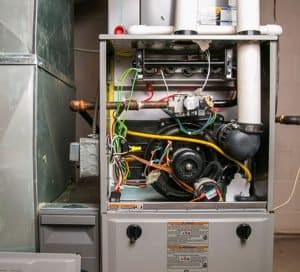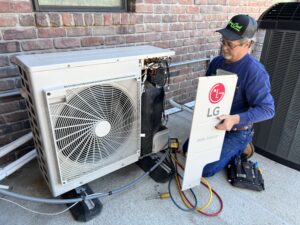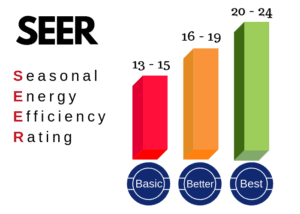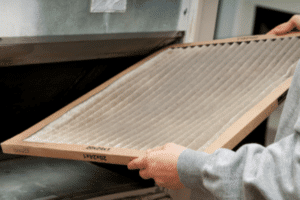The Significance of Safeguarding Your HVAC System
Severe weather is an unfortunate and inevitable part of living in Kansas. However, no matter the season, extreme weather conditions are possible worldwide. Getting your heating, ventilation, and air conditioning (HVAC) system ready for extreme weather is essential to home maintenance, an important step many ignore. When unexpected hurricanes, tornadoes, or blizzards occur, they can cause significant damage to systems that aren’t prepared. By following the appropriate measures and HVAC system tips, and maintaining your HVAC system tune-up, you can protect your system and ensure it runs well when needed. Here’s how to prepare your HVAC system before severe weather hits.
The Benefits of a Weather-Ready HVAC System
To thoroughly prepare your HVAC system is your first security line against whatever erratic weather nature throws your way. If protected, your system is ready to face the brutal elements, decreasing the chances of harm or unplanned repairs. This preparation makes your conditioning unit run more efficiently, resulting in a cheaper energy expense and energy efficiency HVAC system. In addition to these valuable conveniences, there is the core comfort of knowing that your house will remain consistent despite whatever weather comes your way.
Tips for Enhancing Your HVAC System’s Resilience to Harsh Weather
Contemplate a holistic strategy to make sure your HVAC system withstands nature’s unforeseen wrath. Here are some HVAC system tips to withstand extreme weather:
- 1. System Assessment and Maintenance: Contact a certified tech to inspect and optimize your system. Being proactive can help solve and fix any problem at the beginning stage before it becomes a significant predicament due to severe weather.
- 2. Care for the Outside Unit: The outside HVAC system unit is especially vulnerable to extreme weather. It is crucial to ensure the coils are correctly cleaned to prevent overheating and that the unit is free of wreckage.
- 3. Insulating Pipes and Ductwork: It is essential to insulate HVAC system pipes and ducts, especially in severely cold conditions, to reduce freezing and ensure consistent temperature control throughout your house.
- 4. Electrical Safeguards: Installing a surge protector for your HVAC system is crucial to safeguarding your HVAC system against power surges triggered by lightning or power outages, which are frequent during turbulent storms.
- 5. Managing Your Landscape: Shrubs and evergreens hanging over your outdoor unit can pose a risk. Clean the HVAC system outdoor unit to keep them clear of your system and prevent debris accumulation or damage from falling branches. In addition, it is essential to trim trees overhanging HVAC system. Also, if you see any trees or branches near the power lines, contact your local utility company for help.
- 6. Preventive Protection: When inclement weather is approaching, be sure to cover HVAC system outdoor unit with tarp to add a layer of protection against debris, rainstorms, and snow.

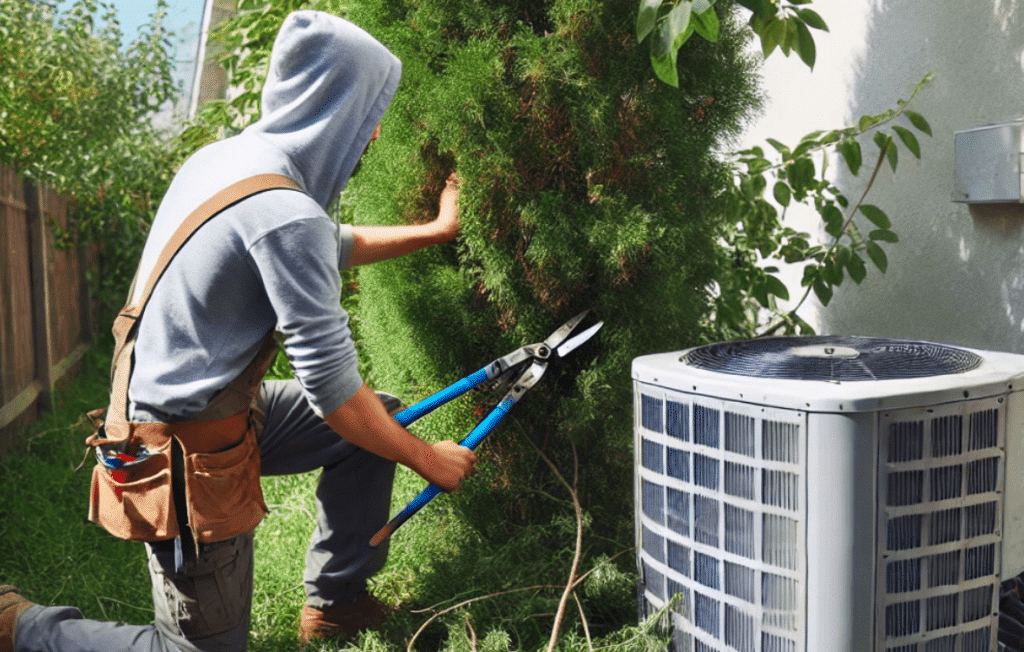
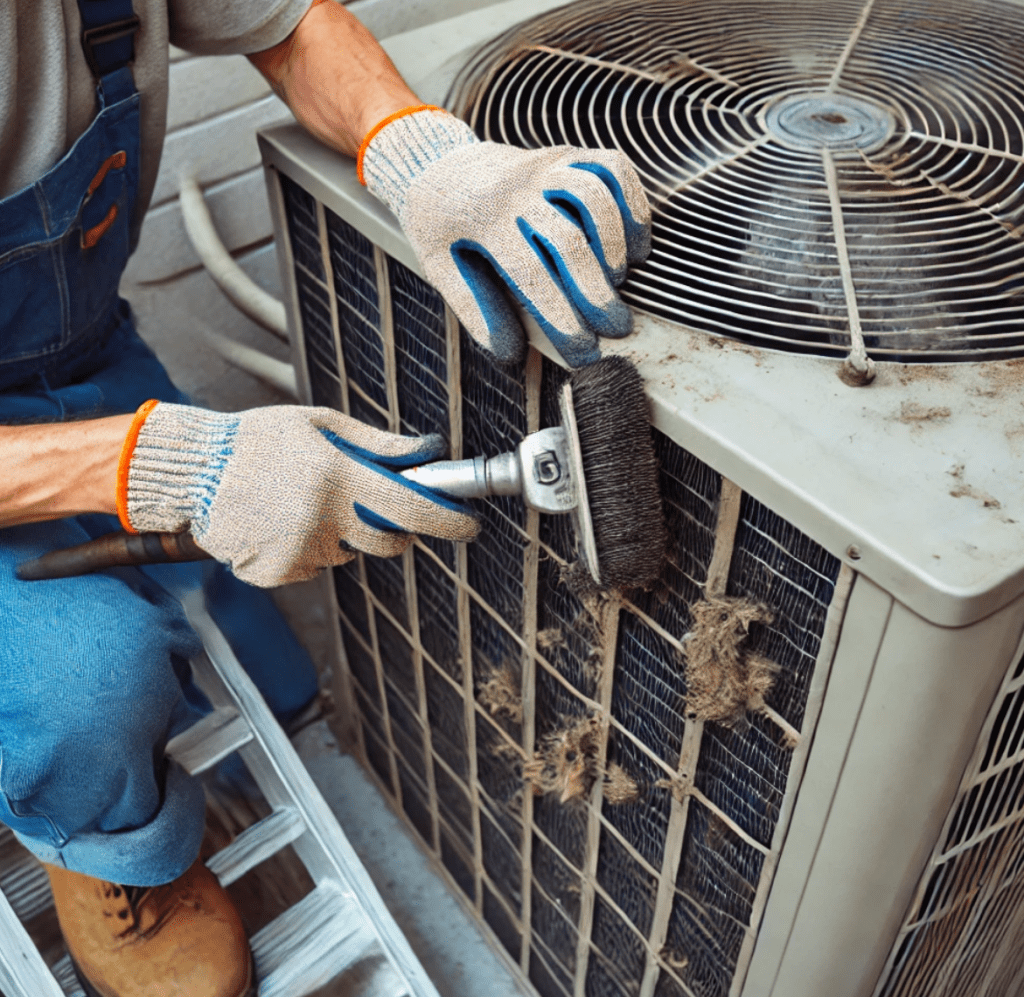
Continuing HVAC Maintenance Tips
Alongside these premeditated actions, maintaining a regular schedule for replacing HVAC filters will ensure your system operates and runs smoothly. Monitoring your thermostat to ensure accurate temperature readings and responsiveness is also crucial. Any abnormal signs, such as strange noises, fluids, or performance issues, should cause you to seek professional assistance. With proactive preparation and ongoing HVAC system maintenance, you can trust that your HVAC system is ready to withstand severe weather, ensuring your and your family’s continued safety and peace of mind.



